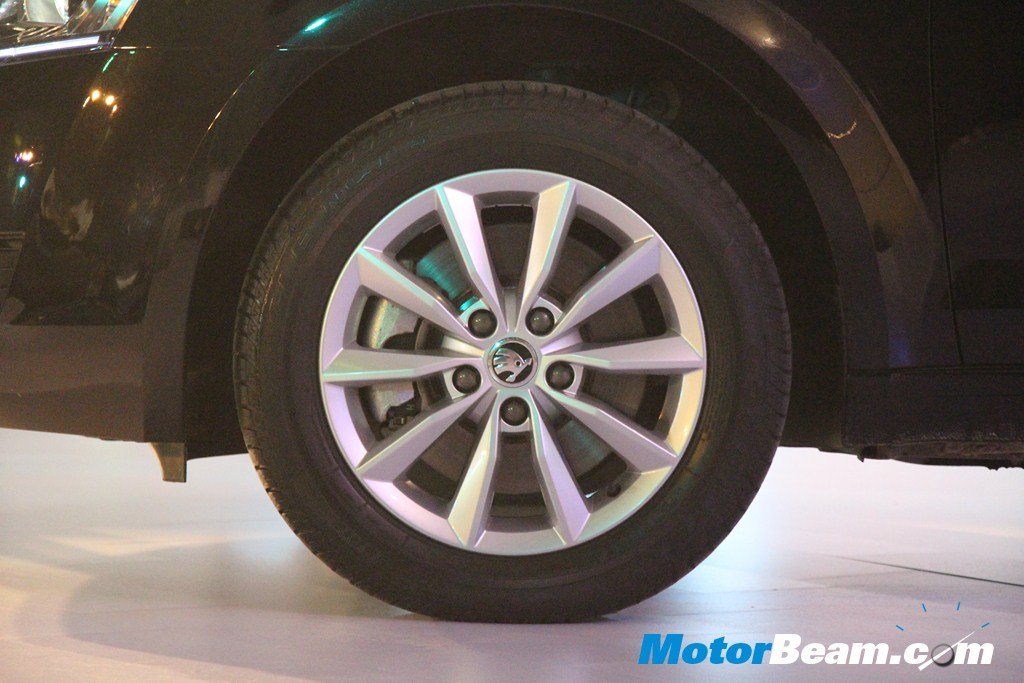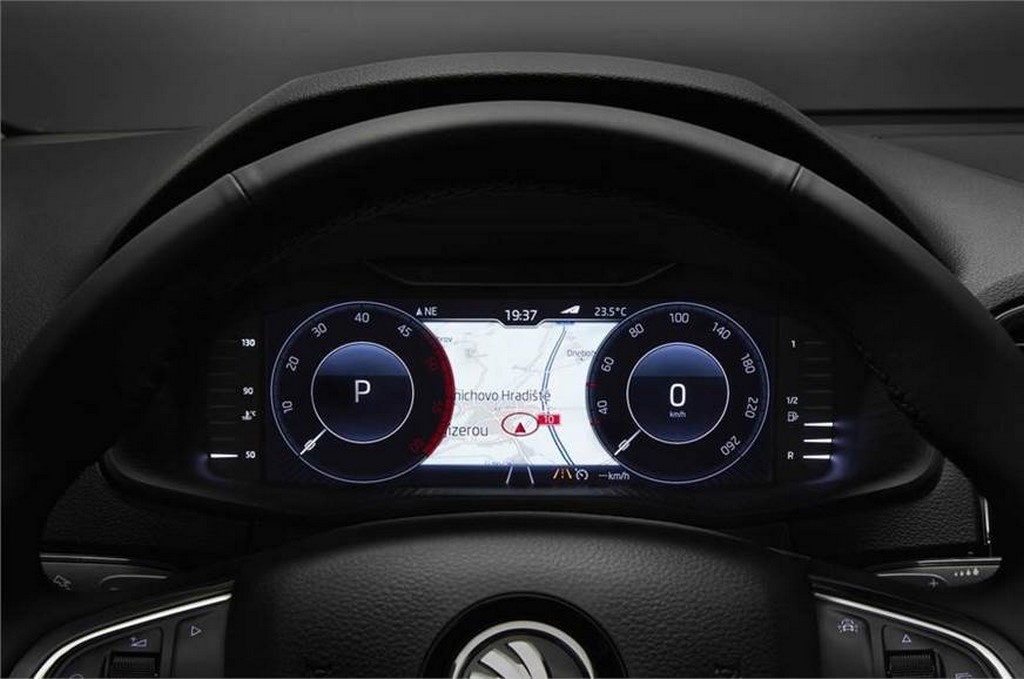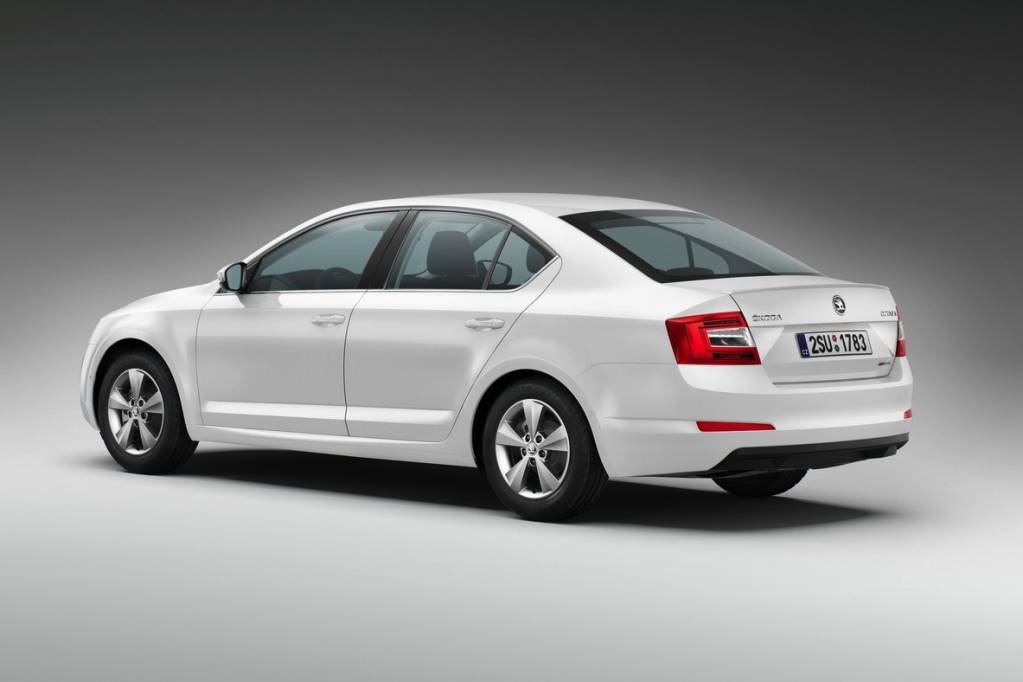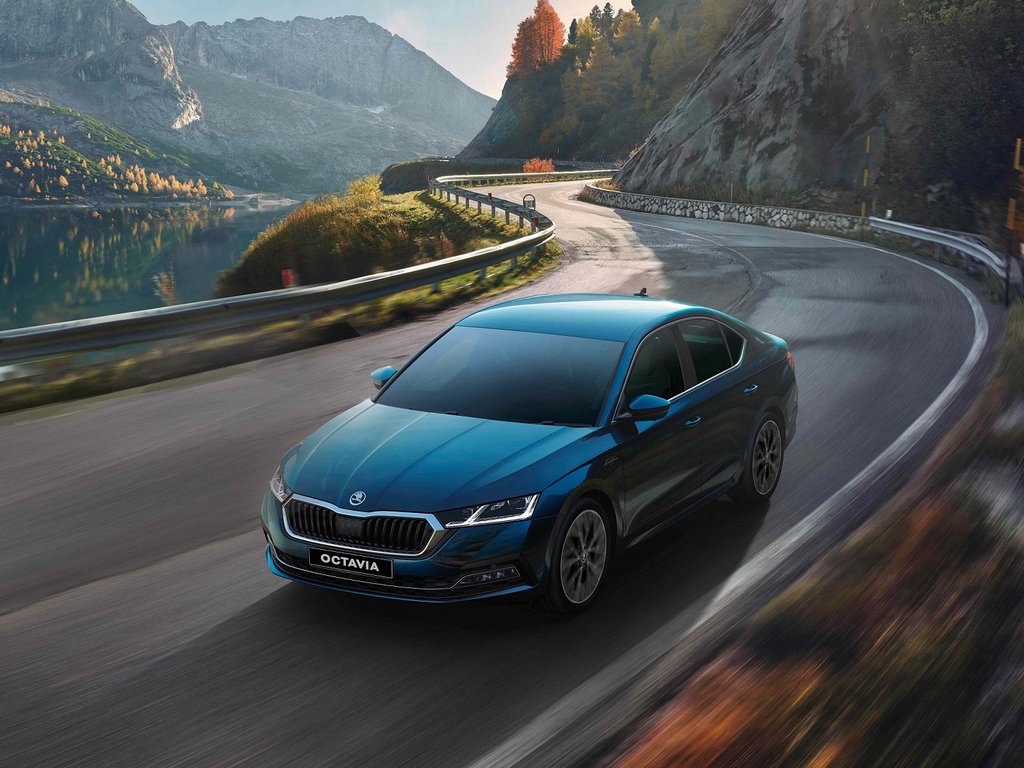
The Skoda Octavia EV will be marketed under a different name though
Skoda Auto will be introducing electric equivalents of the Octavia D-segment sedan and Superb premium sedan in the future to sit next to its range of electric crossovers.
Board Member for Sales and Marketing, Skoda Auto, Martin Jahn, has recently revealed that the brand will not become an exclusive manufacturer of SUVs and that its Octavia and Superb sedans will continue to be made.
“We will be looking at bringing a car similar to Octavia, a car with a similar purpose: for people who are a bit more conservative, who don’t want an SUV,” he said.
By stating that Skoda will be bringing an electric vehicle (EV) similar to the Octavia, Jahn has disclosed the fact that the upcoming Skoda Octavia EV will adopt a different nomenclature.
The reason why the Skoda Octavia is tipped to be succeeded by an electric equivalent is because of the sedan’s continued success in the global arena.
Globally, it is the Octavia that remains the best-selling model for Skoda. The sedan registered sales of 1,59,400 units in the first 9 months of 2021, beating the Kamiq (99,100 units), Karoq (96,600) and Kodiaq (82,600 units).
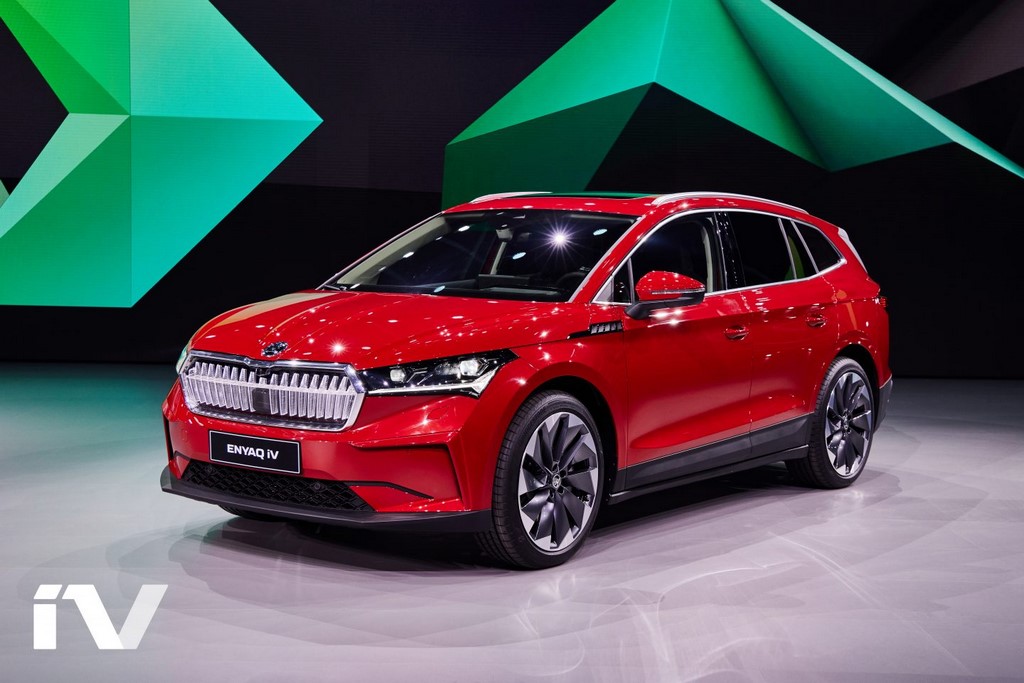
Apart from the Octavia EV, Skoda will also be introducing the Superb EV which is expected to be based on the Volkswagen Aero-B electric sedan (EV equivalent of the Passat) that is due in 2023.
The electric Superb will also get an estate version that will be sold in markets where the current ‘Combi’ (estate) models of the brand are successful.
Although Jahn has revealed that the Skoda Octavia EV will come in the future, he did reiterate that the brand’s EV portfolio will be dominated by SUVs.
The Czech firm’s first all-electric model, the Enyaq iV (which also comes in coupe form) has found great acceptance in Europe and is due to be introduced in India next year as a CKD model.
Globally, the Enyaq iV will be followed by a smaller crossover soon and an entry-level urban runabout with SUV styling which could share the Volkswagen ID 2’s powertrain will come by 2025.


